Some things are obviously scams, but what about those scams that everyone is aware of but they still keep doing? We’re not talking about the Ponzi schemes or money laundering scandals that end up in the papers. We mean the ones everyone knows are scams, but it’s so socially accepted that no one bats an eyelid-for example, these.
Textbooks for College Courses

College textbooks are one of the best examples of a normalized scam that everyone just accepts. These books come out every so often with updated information, so the newest version is always the one students have to get. And they are so expensive that they take a chunk out of any student’s spending money.
According to one commenter, college texts are $100 blocks of paper that become obsolete every few years. Many just exist to make the university printery and the tenured professors some money. And since they’re required reading, you might not be able to pass the exam without one. What a scam!
Canceling Online Subscriptions
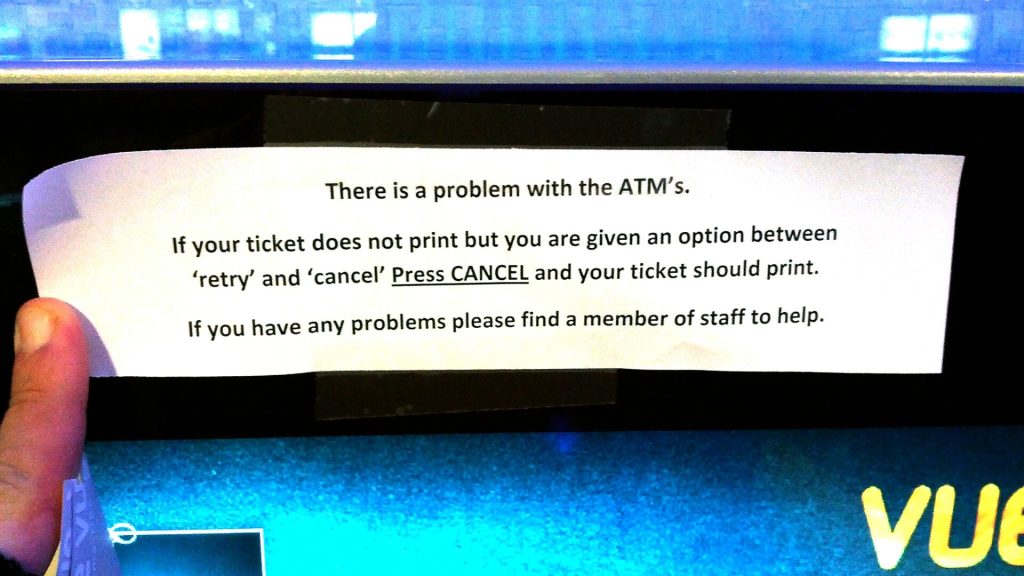
Do you have online subscriptions to a video streaming service or something that offers courses? Have you ever tried unsubscribing from the service? If you have, you might realize how difficult it is just to get your money back. You may spend hours navigating the website to find the unsubscribe button.
Many subscription sites count on your ability to set up seamless payment with PayPal or your credit card. When they charge your card the first time, you’re locked in for life. Luckily, PayPal has a method of managing your subscriptions from that end. So even if you can’t find the unsubscribe button, you can block the payment before it happens the next month.
Printer Ink
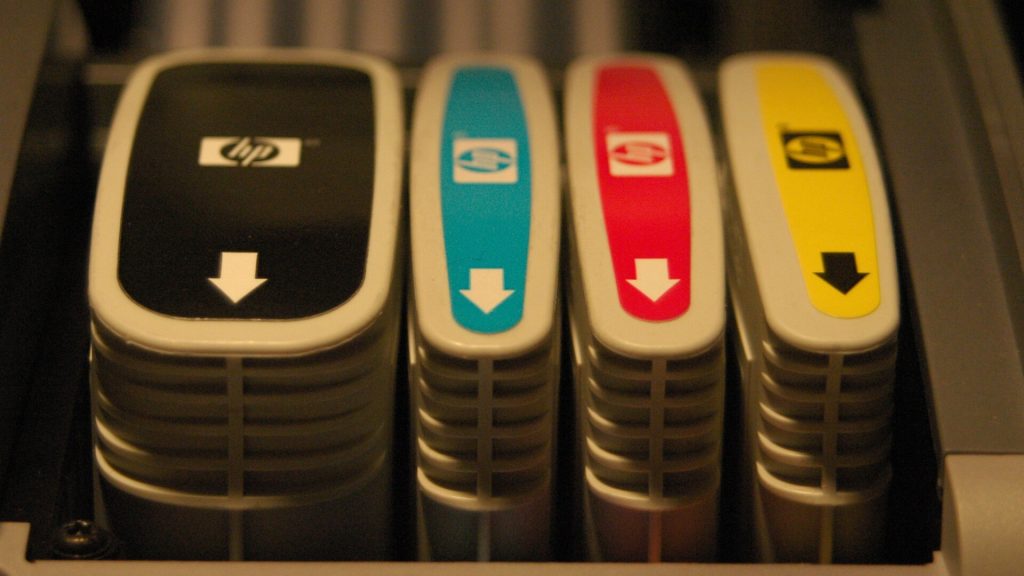
What is the most expensive fluid in the world? Many people would immediately think, “Oh, that’s oil, right?” Well, no. It’s actually printer ink. If you look at the price of a printer ink cartridge, it costs more per liter than anything else on the planet. What’s more, you can’t even refill the ink cartridge.
Ink prices are so ridiculous that many people have taken to buying new printers instead of replacing the ink. It’s not even that expensive to make printer ink, but since the printer companies have a monopoly on ink, they can charge however much they want for it. And how much they want is “a lot.”
Hidden Hotel Fees
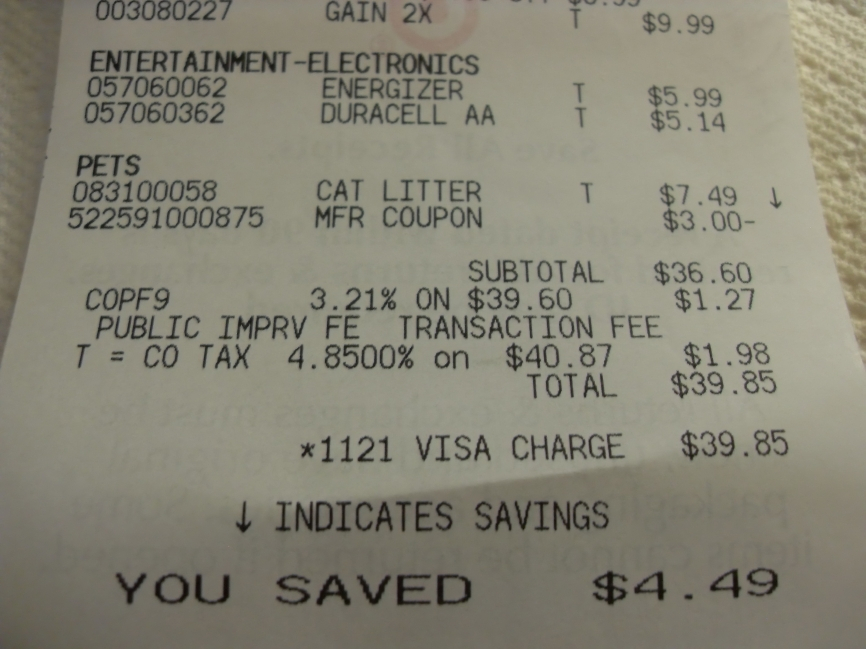
Traveling is already a huge hassle for some people before you add on the extra fees that some hotels charge. The problem is that many of these fees don’t become apparent until you do something that triggers them. Planning to have something from the minibar? That’s a charge to your card.
With more websites that offer reviews about places becoming popular, there’s less chance of a hidden fee happening. However, there are still added charges that don’t show up when you book a rental. Maybe this is why Airbnb has put hotels on the back foot (although they sometimes have their own hidden charges as well).
Mega Churches

Religion is near and dear to many people’s hearts, which makes this particular scam so insidious. Mega Churches started popping up around the turn of the millennium, using mass media and social media to get people to come out to their gatherings and experience a different kind of church service.
Unfortunately, with a congregation that size, it’s unlikely that any Mega Church pastor knows or cares about anyone in their flock. Instead, they gladly accept donations while asking for more. However, when the churchgoers need the church’s assistance, they’re all on their own.
Health Insurance

One of the things that Americans have begrudgingly had to accept as part of their health system is health insurance. Thanks to legislation, they now require health insurance, which usually comes from their pockets. In essence, health insurance is a bet that you won’t get sick.
You pay thousands into a pool, and whoever gets sick uses some of that money to get better. Except the insurance company wants you to use as little of that pool as possible and will ensure you don’t spend the money you put into the pool frivolously. It’s almost like you weren’t even paying for the service.
Discount Prices

This one happens quite often and right under our noses. We go into a store and see an item on discount. The price looks good, and since it’s 25% off, we buy it, thinking we got a steal of a deal. Except the price was never at the “original” price level as claimed by the price tag. Even when it wasn’t on “sale,” it was at that same price.
Fictitious pricing is a regular occurrence in retail and wholesale businesses. It triggers specific psychological responses from buyers, making them want to buy the product before the price normalizes. Naturally, stores have realized it’s a useful way to make a buyer “pull the trigger” on a purchase.
Ticket Master
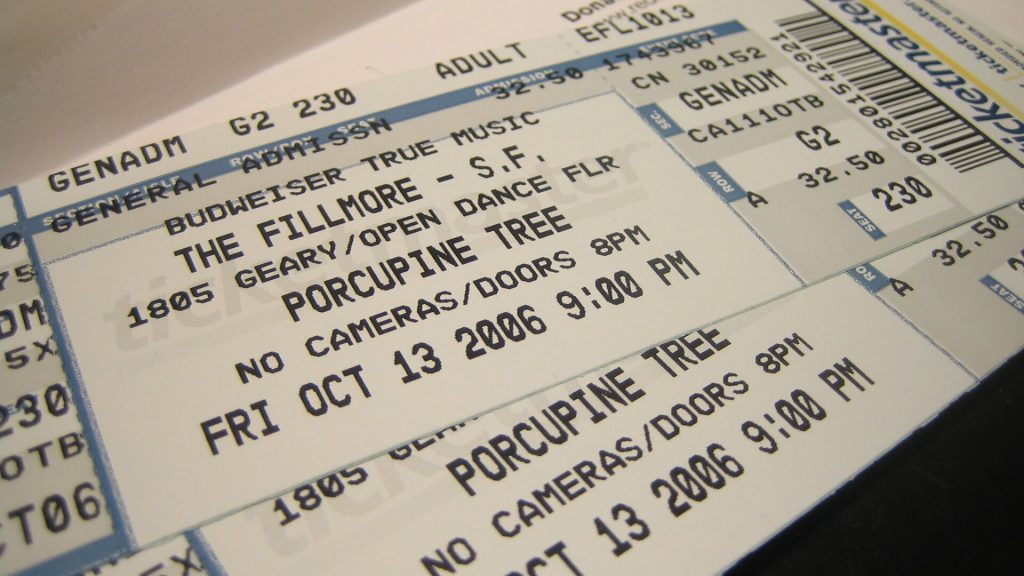
Have you ever bought tickets to an event from an online ticketing portal? If that ticket portal was Ticket Master, you might have realized that it’s a scam. There are no price protections, so scalpers can swoop in and get all the tickets they want to resell to desperate fans. But it goes deeper.
When you think about it, an electronic ticket should not be more than a physical printed ticket. So what gives? There are a lot of admin fees attached to Ticket Master tickets. Even the performers slated to do an event aren’t sure what those extra prices are. But fans who want to see their favorite artist don’t mind shelling out extra.
Weddings

You’ve found the love of your life, and now you plan to get married. You’ve probably been planning this day since you were a kid, and then you realize how much a lavish wedding costs. It’s not uncommon for wedding fees to reach into the six figures, partially because fees for anything related to a wedding are financial blackmail.
Smaller weddings with just close members of the family can be even more memorable than those that hire entire catering suites and go all out for the reception. Many financial advisors suggest keeping the wedding small and using the money the couple would have spent on the wedding as a house downpayment or nest egg investment.
Tipping

If you’ve been to a restaurant in the US, you obviously would have considered tipping your server. Yet that’s not common practice in many parts of the world. In some places, tipping is seen as disrespectful, and travelers are advised not to do it. Tipping is a scam because sometimes your server doesn’t even get the money you tipped.
Some establishments that aren’t even restaurants have started instituting tipping. Tipping also allowed establishments to offer lower pay to employees who are supposed to make up the rest in tips. The next time you visit an establishment, remember this. Tipping is a scam designed to make you pay for something the owner should pay for.
Unpaid Internships

Whether in academia or business, unpaid internships are the foundation of many business careers. Yet these things are, by nature, a scam. They ask an intern to work the same hours as an employee with the caveat that they will be learning things, so their “payment” is in the form of experience.
Unfortunately, the things they “learn” are things they know already. Instead, the employer exploits the intern, and since they’re technically trying to spin that internship into a career, there’s little the intern can do to complain. Unions usually don’t cover interns either, so they’re in an even worse position.
Bottled Water
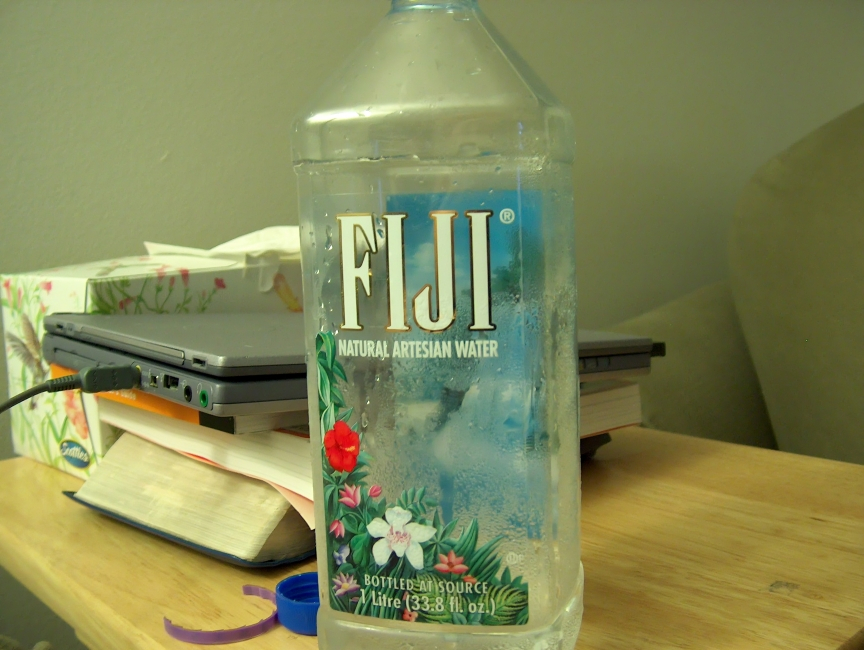
When you think about it, what really is bottled water? Most people think it’s water drawn from springs and aquifers in the earth and passed through purification methods to come out sparkling clear on the other side. It’s healthier than tap water, at least, right?
It is actually not healthier than tap water because, most times, it IS tap water. Yet companies have spent millions convincing consumers that bottled water is healthier. If you want pure and clean water without buying bottled water, consider getting a water filter. Purchasing a new filter every few months will ensure your water is at least as good as bottled water.
Mid-Level Marketing

We’ve all had that friend we haven’t seen since college who invited us to catch up. Unfortunately, some of us have found that “catching up” is code for joining our acquaintances’ mid-level marketing schemes. MLMs are among the most pervasive schemes in existence, and they seem to keep coming back.
Many schemes are small and never get to a massive, nationwide level, but others have established entire businesses on their MLM. While some people call out MLMs when they see them, many others just accept it as a “side hustle,” even though it’s all about recruitment, not about selling the product.
Diamonds

When you think about diamonds, you immediately consider something expensive and shiny. That’s all because of the DeBeer’s company, whose marketing is responsible for us thinking that diamonds are rare, expensive, and necessary for an engagement or a wedding. In reality, they’re pretty standard.
These days, diamonds are still a significant part of some people’s idea of luxury, but the truth about them is coming to light. Many of the diamonds that make it into stores in the West are “Blood Diamonds,” mined by African captives and sold to get money for wars. The next time you see a diamond, remember that it’s all a well-crafted scam by a bunch of guys in the Netherlands.
More Scams Than You Can Shake a Stick At

The truth is that human beings are easy to con. You don’t need to make everyone believe in your scam; you just need a few people to accept it as fact. Little by little, it’ll seep into the public consciousness, and before long, it’ll become an accepted part of life. Even if it’s a lie, people will believe it, just as they believe the sky is blue.
So, what can you do about it? Once you know it exists, you should tell as many other people as possible to spread the word. Most importantly, always ask questions. No matter if something seems like it’s common sense, ask the question anyway. Knowing is, after all, half the battle.






